Experience relaxation and peace in your Memphis backyard with our proven mosquito control solution. Trusted by families in Memphis, our innovative approach not only repels mosquitoes but also establishes a durable barrier customized to your outdoor environment. Mosquito Shield of Memphis is dedicated to creating mosquito-free zones, so you can enjoy your outdoor spaces without interruption.
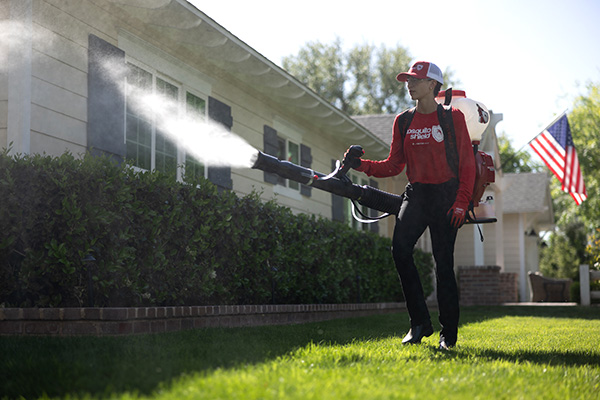
Effective mosquito control in Memphis, TN that drives mosquitoes away and keeps them out of your yard.

Enjoy mosquito-free outdoor time in Memphis with treatments designed to provide lasting results.
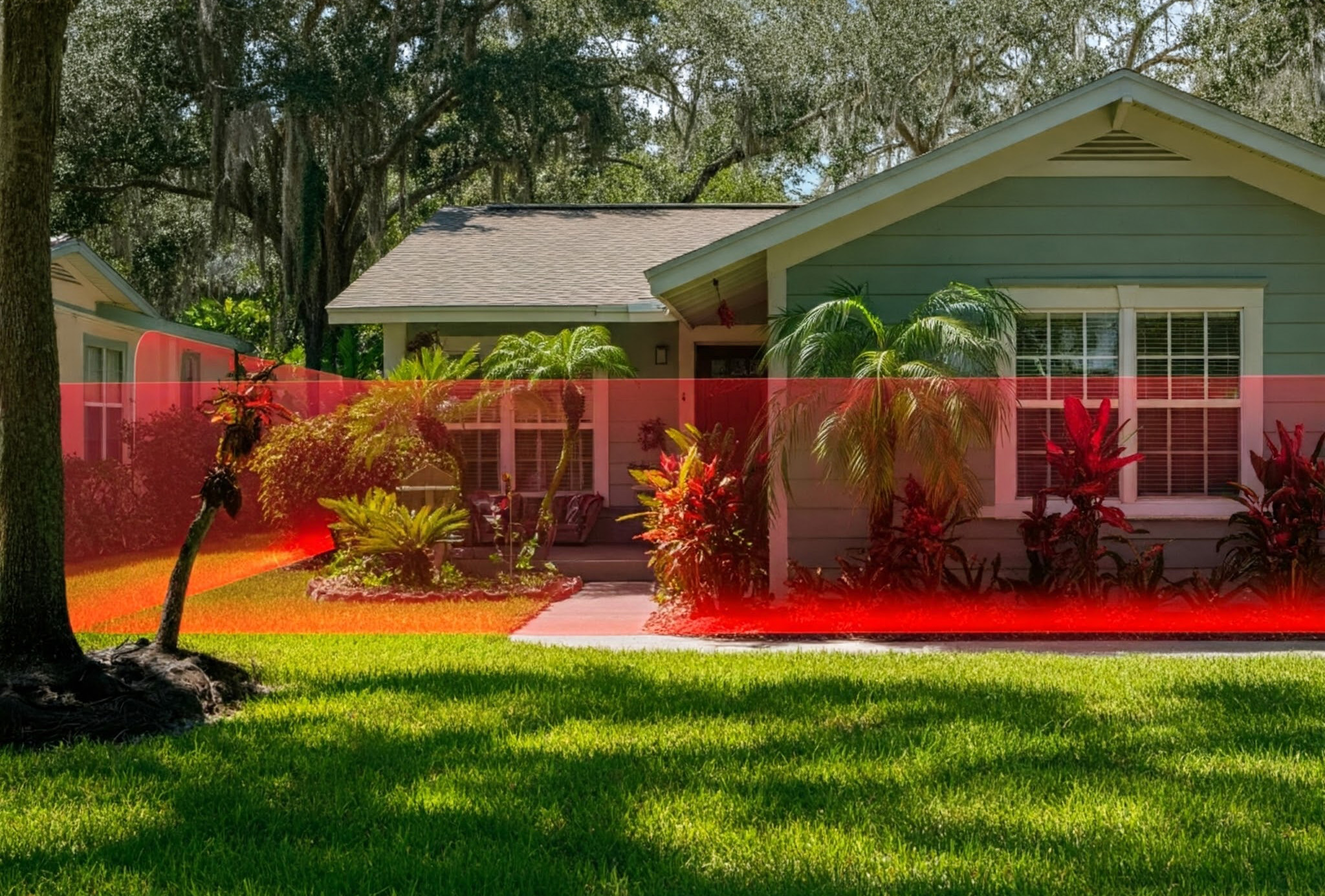
Highly rated mosquito control services in Memphis, trusted by residents to enhance outdoor living.
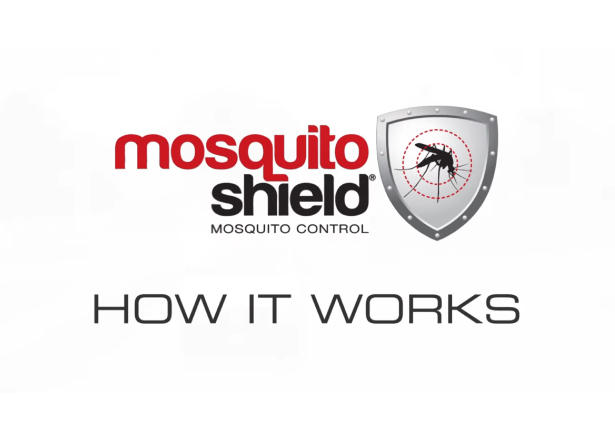
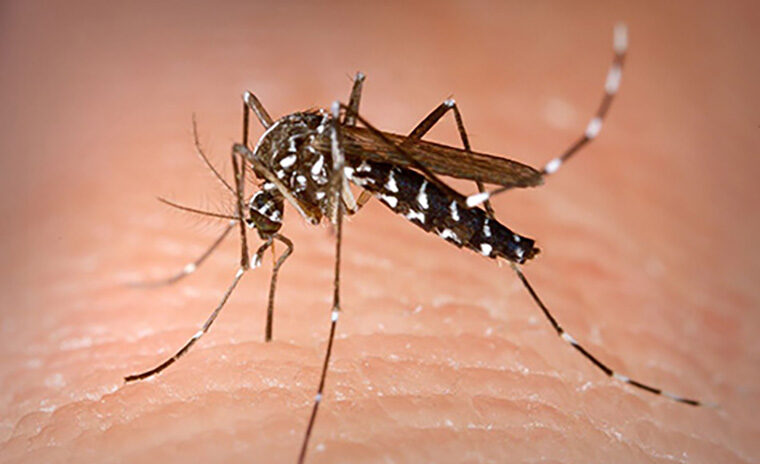
Identification: Small, black body with white leg bands and a lyre-shaped marking on the thorax.
Habitat: Common in urban areas—breeds in artificial containers like flowerpots, birdbaths, gutters, and trash cans.
Behavior: Aggressive daytime biter; prefers humans over animals.
Health Risks: Can transmit Zika, dengue, and chikungunya viruses.
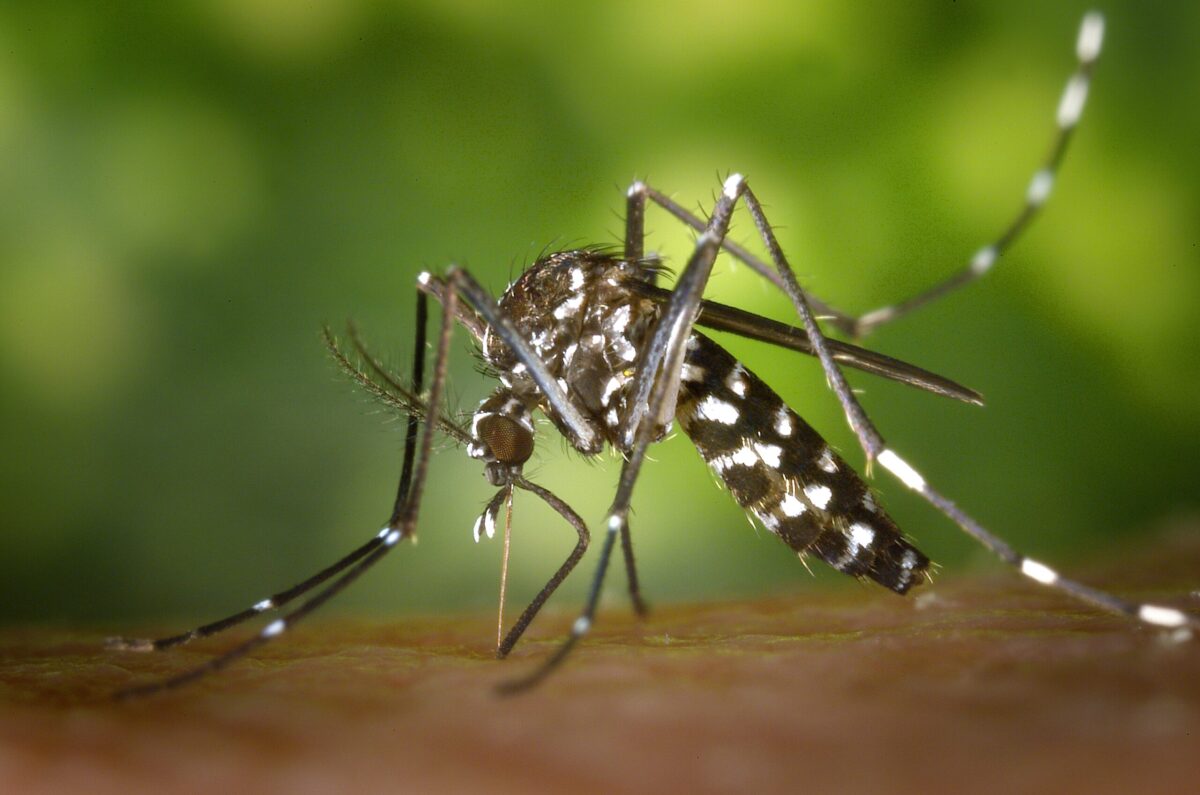
Identification: Black with a bold white stripe down the back and striped legs.
Habitat: Thrives in residential yards, shaded areas, and overwatered lawns—breeds in buckets, toys, and planters.
Behavior: Bites aggressively during the day, especially around ankles and legs.
Health Risks: Known to spread West Nile virus, Zika, and dengue.
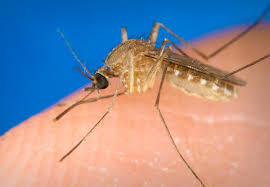
Identification: Light brown with darker bands on the abdomen.
Habitat: Found in stagnant water—storm drains, ditches, clogged gutters, and neglected pools.
Behavior: Active at night; frequently enters homes.
Health Risks: Primary vector for West Nile virus in the Mid-South.
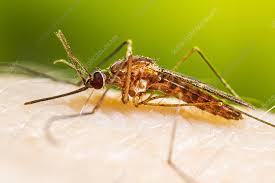
Identification: Medium-sized with four distinct dark spots on each wing; rests at an angle.
Habitat: Prefers clean, still water like ponds, marsh edges, and slow-flowing creeks.
Behavior: Most active at dawn and dusk.
Health Risks: Once a vector for malaria; currently known for itchy, persistent bites.
Memphis, Tennessee, is a vibrant city along the Mississippi River, celebrated for its rich musical heritage, southern hospitality, and lively outdoor culture. From Shelby Farms Park and Overton Park to the scenic Mississippi riverfront, residents and visitors alike enjoy outdoor activities throughout the year. However, Memphis’s warm, humid climate and abundance of natural waterways create ideal conditions for mosquito and tick activity across multiple seasons.
Residents in Memphis face increased risks from mosquito-borne illnesses such as West Nile Virus and Zika Virus, as well as tick-borne diseases like Lyme disease and Rocky Mountain Spotted Fever. With outdoor living, festivals, and backyard gatherings being such an essential part of local life, ongoing mosquito and tick control helps ensure comfort and well-being throughout the community.
To reduce the presence of mosquitoes and ticks, residents are encouraged to:
Remove standing water from around homes, including in gutters, birdbaths, and flowerpots.
Apply insect repellent and wear long sleeves and pants during early morning and evening hours.
Schedule recurring professional mosquito and tick treatments to help maintain enjoyable outdoor spaces.
The Shelby County Health Department conducts mosquito surveillance and seasonal treatments throughout Memphis, monitoring activity to help minimize the spread of mosquito-borne diseases.

Memphis experiences hot, humid summers and mild winters, which contribute to a lengthy mosquito and tick season from late spring into early fall. Consistent rainfall, the city’s proximity to the Mississippi River, and extensive green space make Memphis a favorable environment for these pests.
Key Factors Influencing Pest Activity:
Mosquitoes and River Proximity: The Mississippi River, local creeks, and retention ponds create breeding grounds that increase mosquito activity during the warmer months.
Ticks and Shaded Green Spaces: Parks, wooded trails, and dense vegetation across residential areas provide ideal habitats for ticks, especially in spring and fall.

